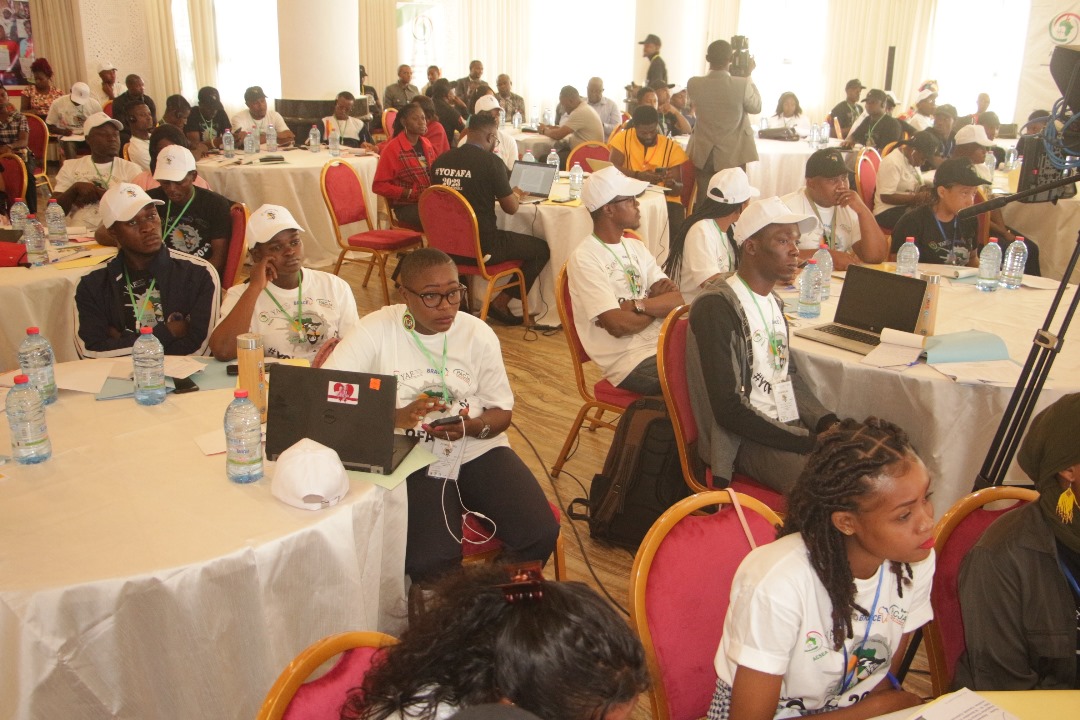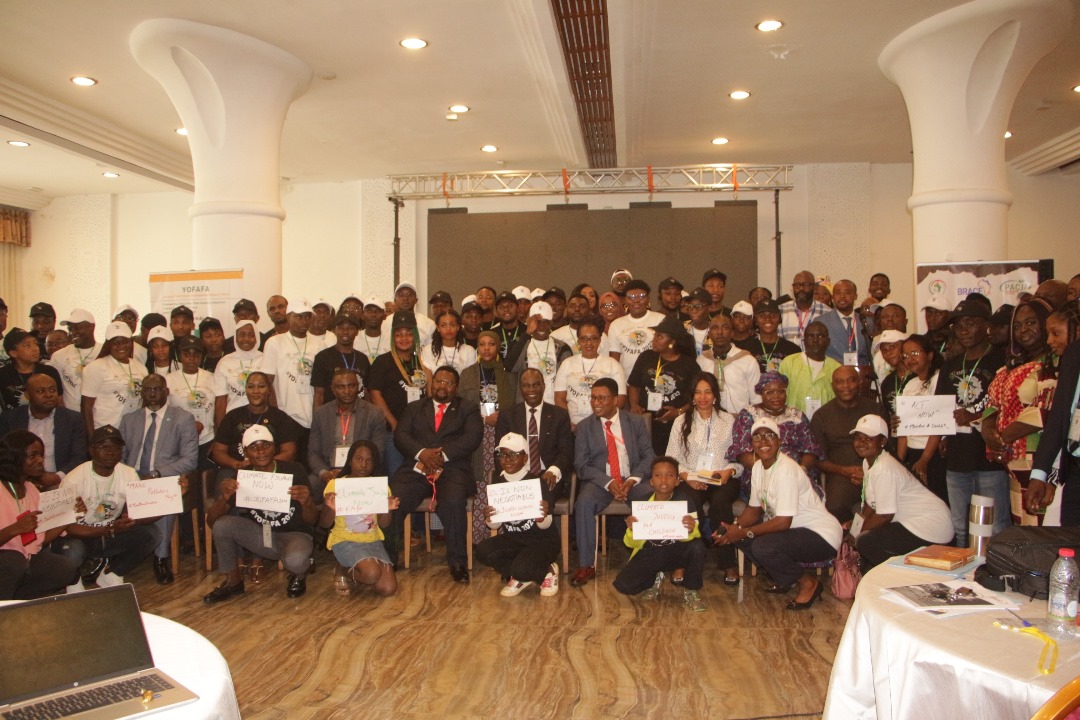The Cost Of Non-Action On Climate Adaptation In Africa Is High And Unsustainable – Dr. Njamnshi
The Executive Director of the African Coalition for Sustainable Energy and Access, ACSEA, Dr. Augustine Njamshi, has said the cost of non-action on climate adaptation in Africa is high and unsustainable.

Dr. Njamshi made this statement on November 16 during the official opening ceremony of the inaugural Youth Forum on Adaptation Finance, YOFAFA, which was chaired by Pierre Hélé, Cameroon’s Minister of Environment, Nature Protection, and Sustainable Development.
The three-day event, themed “Empowering Africa: More than Doubling Adaptation Finance for a Resilient Future,” brought together over 150 young African leaders from various regions of Africa.
Dr. Njamshi emphasized the consequences of not addressing adaptation needs, stating that it would lead to humanitarian crises, economic setbacks, and social unrest. He stressed the importance of taking action immediately to avoid these consequences.
He added, “The Youth Forum on Adaptation Finance in Africa is a critical step towards addressing the adaptation finance gap and safeguarding the continent’s future. By mobilizing young leaders, the forum will amplify the voices of the youth in the climate adaptation discourse. I am confident that the forum will inspire and empower all of us to advocate for increased funding for climate adaptation in Africa by more than double.”
Furthermore, Dr. Njamshi urged youths to seize the opportunity of the forum to network and gain knowledge and skills in climate finance, advocacy, and project development. He emphasized the importance of working together to raise awareness and call for action on adaptation finance in Africa.
Dr. Njamshi pointed out recent challenges faced by Africa, such as devastating floods, desert locust invasions, and the looming specter of drought due to a La Niña event. He highlighted the resulting population displacement and stress on water resources. He also emphasized that despite Africa contributing only a minute amount of global greenhouse gas emissions, it suffers disproportionately from the deleterious effects of climate change.
To address these challenges, Dr. Njamshi emphasized the need for urgent and effective adaptation measures to safeguard African communities and ecosystems.
“Given the severity of these challenges, urgent and effective adaptation measures are indeed required to safeguard African communities and ecosystems. Some of these measures include the promotion and use of inexpensive technologies that have already proven themselves in Africa, such as farmer-managed natural regeneration of trees for re-greening landscapes, green manure/cover crops for restoring soil fertility, and water harvesting to improve yields and prevent crop losses from drought,” he added.
Meanwhile, more than 15 African countries have included adaptation to climate change in their National Agricultural Investment Plans and are implementing climate-smart measures, including soil and water management, agroforestry, and improved pasture management. These efforts are crucial in building resilience and mitigating the impacts of climate change.
Pierre Hélé, while commending the initiative, acknowledged the significant impacts of climate change in Africa and stressed the urgency for action. He highlighted the increasing temperatures, rising sea levels, changing precipitation patterns, and more extreme weather events experienced on the continent. Hélé emphasized that these changes pose threats to human health and safety, food and water security, and socio-economic development.
The conference, organized by ACSEA in collaboration with the Pan-African Climate Justice Alliance, aims to inspire and empower young activists from the continent to advocate for a significant increase in funding for climate adaptation in Africa.
